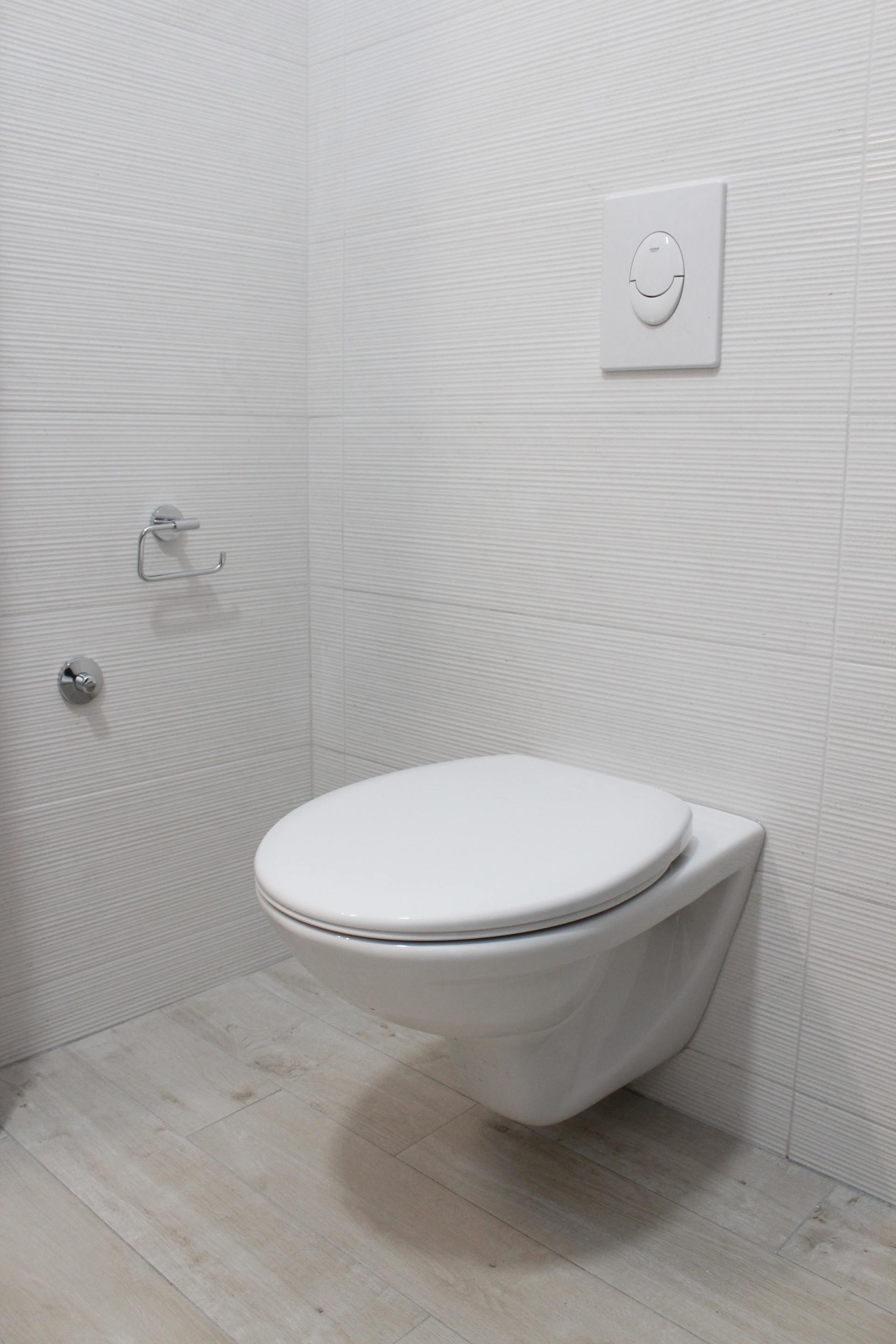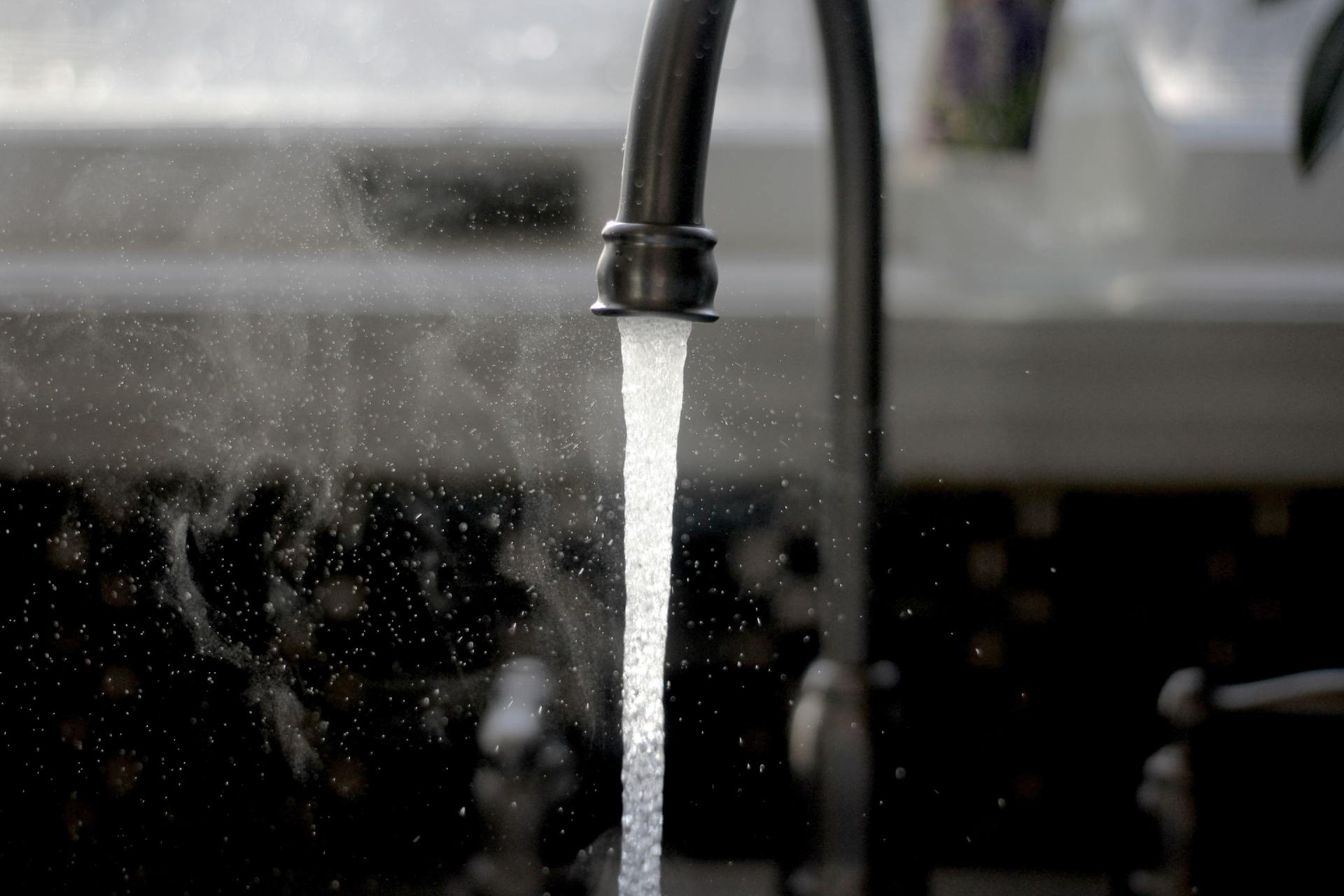Drain Cleaning & Maintenance
Are Your Drains Clogged?
Clogged Drains?
Drains Page
We will get back to you as soon as possible.
Please try again later.
Avoid the Urge to Pour Harsh Chemicals Down the Drain
Having an Emergency?
Call our office ASAP to arrange for emergency services
Keep Your Drains... Draining

Toilets Aren't Trash Cans
Your septic system is not a trash can. An easy rule of thumb: Do not flush anything besides human waste and toilet paper. Never flush:
- Cooking grease or oil
- Non-flushable wipes, such as baby wipes or other wet wipes
- Feminine hygiene products
- Condoms
- Dental floss
- Diapers
- Cigarette butts
- Cat litter
- Paper towels
- Pharmaceuticals
- Household chemicals like gasoline, oil, pesticides, antifreeze, and paint or paint thinners

Think at the Sink
It's unavoidable, eventually the pipes for your sink are going to become clogged. When you have a septic system, it's important to resist the urge to use harsh chemicals and toxins to remove the clog from your drains. While these chemicals can be effective, they can also damage the performance of your septic system. Your septic system relies upon a collection of living organisms to help process the waste that is introduced into your septic system. Whether you are at the kitchen sink, bathtub, or utility sink:
- Avoid chemical drain openers for a clogged drain. Instead, use boiling water or a drain snake.
- Never pour cooking oil or grease down the drain.
- Never pour oil-based paints, solvents, or large volumes of toxic cleaners down the drain. Even latex paint waste should be minimized.
- Eliminate or limit the use of a garbage disposal. This will significantly reduce the amount of fats, grease, and solids that enter your septic tank and ultimately clog its drainfield.
- Toilets
Toilets Aren't Trash Cans
Your septic system is not a trash can. An easy rule of thumb: Do not flush anything besides human waste and toilet paper. Never flush:
- Cooking grease or oil
- Non-flushable wipes, such as baby wipes or other wet wipes
- Feminine hygiene products
- Condoms
- Dental floss
- Diapers
- Cigarette butts
- Cat litter
- Paper towels
- Pharmaceuticals
- Household chemicals like gasoline, oil, pesticides, antifreeze, and paint or paint thinners
- Sinks
Think at the Sink
It's unavoidable, eventually the pipes for your sink are going to become clogged. When you have a septic system, it's important to resist the urge to use harsh chemicals and toxins to remove the clog from your drains. While these chemicals can be effective, they can also damage the performance of your septic system. Your septic system relies upon a collection of living organisms to help process the waste that is introduced into your septic system.
Whether you are at the kitchen sink, bathtub, or utility sink:
- Avoid chemical drain openers for a clogged drain. Instead, use boiling water or a drain snake.
- Never pour cooking oil or grease down the drain.
- Never pour oil-based paints, solvents, or large volumes of toxic cleaners down the drain. Even latex paint waste should be minimized.
- Eliminate or limit the use of a garbage disposal. This will significantly reduce the amount of fats, grease, and solids that enter your septic tank and ultimately clog its drainfield.
Location
PO Box 307 Crawford, GA 30630
Email
service@athensprofessionalseptic.com
Call
706-207-3739
All Rights Reserved | Athens Professional Septic & Drain



